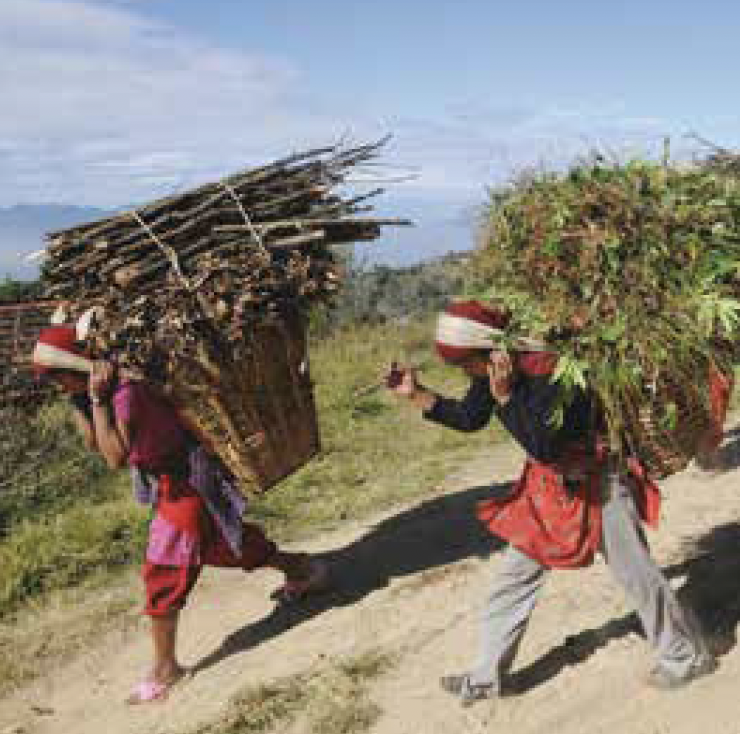Understanding Adaptation Planning: Selected Case Studies in Nepal, Philippines and Vietnam

Summary
This report is written by partners in the Philippines, Vietnam and Nepal with funding provided by the Swedish Government through the Swedish International Development Agency (Sida). It highlights the following insights for adaptation planning:
- Adaptation planning for climate change requires inputs from multiple levels of stakeholders and multiple layers of decision-making. New mechanisms may have to be developed within existing institutional arrangements to facilitate cross-level communication.
- One of the biggest challenges is to determine who ‘owns’ the adaptation planning process. While by default, it will often be the national government, this is likely to limit the influence of local and marginalized voices, which are crucial to the process. External actors such as international NGOs, meanwhile, can be helpful, but can also take power away from local actors and create dependency.
- Participatory processes need to include all voices to be effective. Power imbalances – based on socioeconomic status, ethnicity and cultural traditions – marginalize some groups and limit their capacity to reduce their exposure and sensitivity to climate and disaster risk. To reduce vulnerability, these imbalances must be recognized and addressed, and marginalized groups must be empowered and engaged.
- Budgetary constraints matter. When funds are limited, smaller and less ambitious projects may be preferable to larger, more costly initiatives. However, in many places, transformational change is needed, and this will require large-scale funding.
- Planning is often done based on previous years, but with climate change, historical patterns will increasingly not be reliable predictors of future patterns. Science-based projections will need to be considered as well.
This weADAPT article is an abridged version of the original text, which can be downloaded from the right-hand column. Please access the original text for more detail, research purposes, full references, or to quote text.
Suggested citation
Adaptation Knowledge Platform (2013), Understanding Adaptation Planning: Selected Case Studies in Nepal, Philippines and Vietnam, Adaptation Knowledge Platform, Partner Report Series No. 9. Stockholm Environment Institute, Bangkok. Available online at www.asiapacificadapt.net or weADAPT.org.
(0) Comments
There is no content